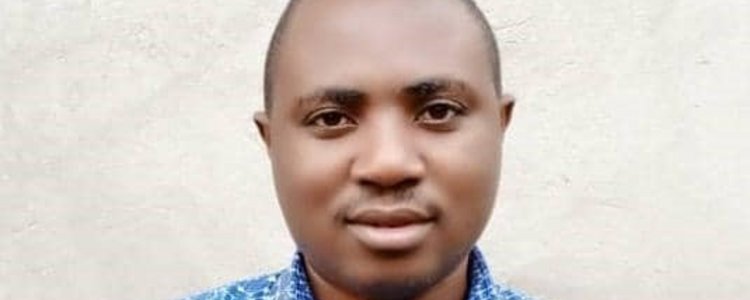GORILLA is an annual event organised by the Department of Geography at Makerere University, Uganda. It brings together scientists from all around the world to deal with the emerging environmental issues affecting livelihoods, including the most recent outbreak of COVID-19. The conference aims at building resilient communities through contributing knowledge towards the attainment of the sustainable development goals, the Sendai Framework for Disaster Risk Reduction, and the Paris Agreement geared at keeping temperature within the 1.5 – 2.0 °C threshold. GORILLA is a response to the increasing frequency and magnitude of hydrometeorological hazards witnessed in Uganda, the increasing loss of biodiversity as recently reported by Intergovernmental Science-Policy Platform on Biodiversity and Ecosystem Services (IPBES). The event held in 2022 was also sparked by the concern that Uganda’s SDG performance currently ranks a dismal 136 out of 163 countries with an SDG Index Score of 53.5. This is a great concern towards attaining equitable sustainable development.
At this conference, Thaddeo Tibasiima gave a presentation about his PhD research titled “Reassembling land degradation: towards a nature-society-inclusive soil erosion control strategy”. In his presentation he talked about the need to bridging the mismatch between science, policy and practice in order to ensure effective management of land degradation. Towards this need he applied a hylomorphic (disaster risk management) framework that is known for enabling knowledge co-creation among different stakeholders for effective management of natural disasters. By looking at the case of soil erosion in the Rwenzori region, Uganda Thaddeo Tibasiima pursued the possibility of producing a hybrid context-specific knowledge on soil erosion and its control. Drawing on the insights from this study, Thaddeo Tibasiima found out that the lived experiences of the farmers not only expose blind spots in understanding the local context of soil erosion; but also facilitate a hybrid context-specific epistemology of soil erosion control. Insights from this study stimulate innovations towards a context-specific soil erosion control strategy.
Thaddeo Kahigwa Tibasiima is an APPEAR scholarship holder finalizing his PhD on “Developing a systemic model for sustainable soil erosion control in the Rwenzori region” at the University of Natural Resources and Life Sciences Vienna (BOKU). His studies are linked to the Agroecology Rwenzori project at the Mountains of the Moon University that aims at developing community led and regionally embedded solutions to farming constraints. His research focusses on building resilience for smallholder mountain farmers particularly to sustain the production of Arabica coffee on sloping land at high altitude. His study harnesses the untapped potential in understanding the functioning of the farming systems through a transdisciplinary lens to enable co-creation of contextualized solutions to the challenge of soil erosion. Before embarking on his PhD studies, Thaddeo had worked with smallholder farmers on the Rwenzori Mountain to build their resilience through Agroecology.
APPEAR scholar Thaddeo Tibasiima presents research at conference in Kampala, Uganda
The Geographical Science for Resilient Communities, Ecosystems and Livelihoods under Global Environmental Change (GORILLA) second international conference was held from 7 to 10 December 2022.
